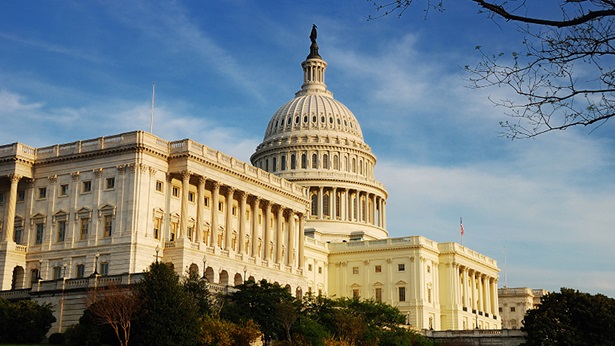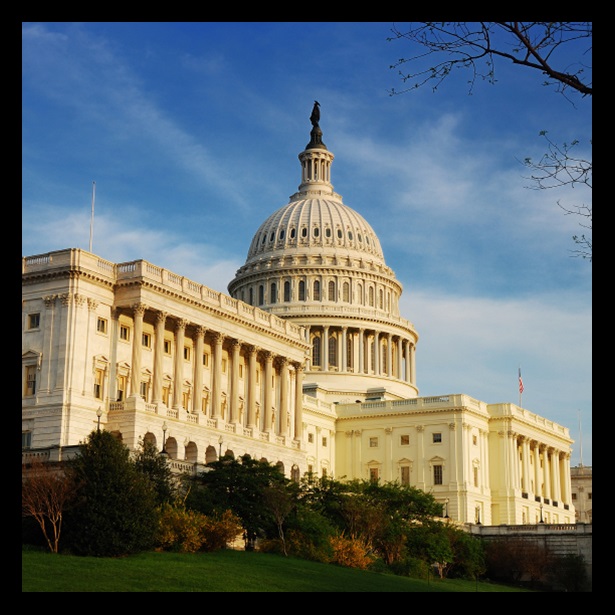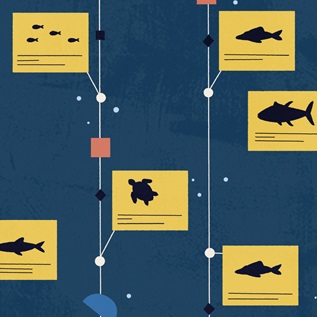Pew Commends Congress for Passing Legislation to Protect Nearly 2 Million Acres of Public Land
Conservation Bills Included in Natural Resources Management Act
WASHINGTON—The Pew Charitable Trusts applauds yesterday’s passage by the U.S. House of Representatives of legislation to safeguard nearly 2 million acres of public land across four states: California, New Mexico, Oregon, and Utah. The six bills, for which Pew has advocated for many years with local partners, were included in a larger lands package passed by the U.S. Senate on February 12. The measures designate new wilderness areas and new Wild and Scenic rivers, and create a special management area for Oregon’s steelhead trout, a national conservation area for Utah’s San Rafael Swell, and a new national monument that contains one of the world’s greatest concentrations of Jurassic-era dinosaur bones.
John Gilroy, director, U.S. Public Lands Conservation at The Pew Charitable Trusts, issued this statement:
“Congress has found common ground by sending the president legislation sponsored by lawmakers from both sides of the aisle that will protect more wild places for Americans to hike, hunt, fish, paddle, camp, and climb.
“We appreciate the commitment, leadership, and determination of the sponsors of these conservation bills who worked hard to ensure that public land—from the colorful Mojave Desert of California to the red rock canyons of southern Utah, and the rushing wild rivers of Oregon to the snow-capped peaks of northern New Mexico—will be protected for future generations.
“Pew has worked with local partners in these states—some for more than a decade—to move this legislation forward. These are locally driven bills supported by businesses, sportsmen, veterans, Native Americans, conservationists, community leaders, and others who understand that conserving special wild places, be they archaeological sites in New Mexico or habitat for mule deer, elk, and Rocky Mountain bighorn sheep in Utah, is good for their communities and our economy.
“We urge the president to act quickly and sign this legislation into law, to ensure that these natural treasures are safeguarded for future generations and that they may continue to provide the foundation for our local economies and the scenic backdrop for a lifetime of adventures.”
The Pew Charitable Trusts is driven by the power of knowledge to solve today’s most challenging problems. Learn more at www.pewtrusts.org.














